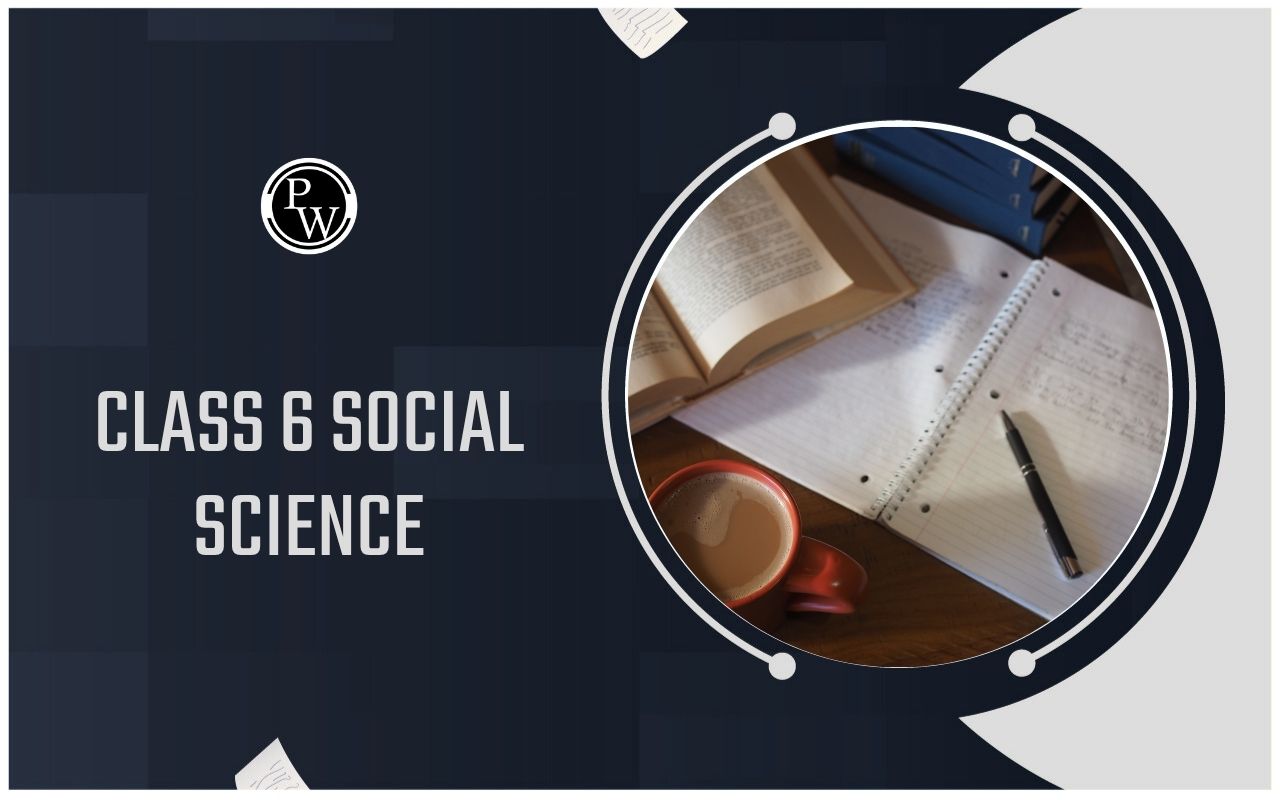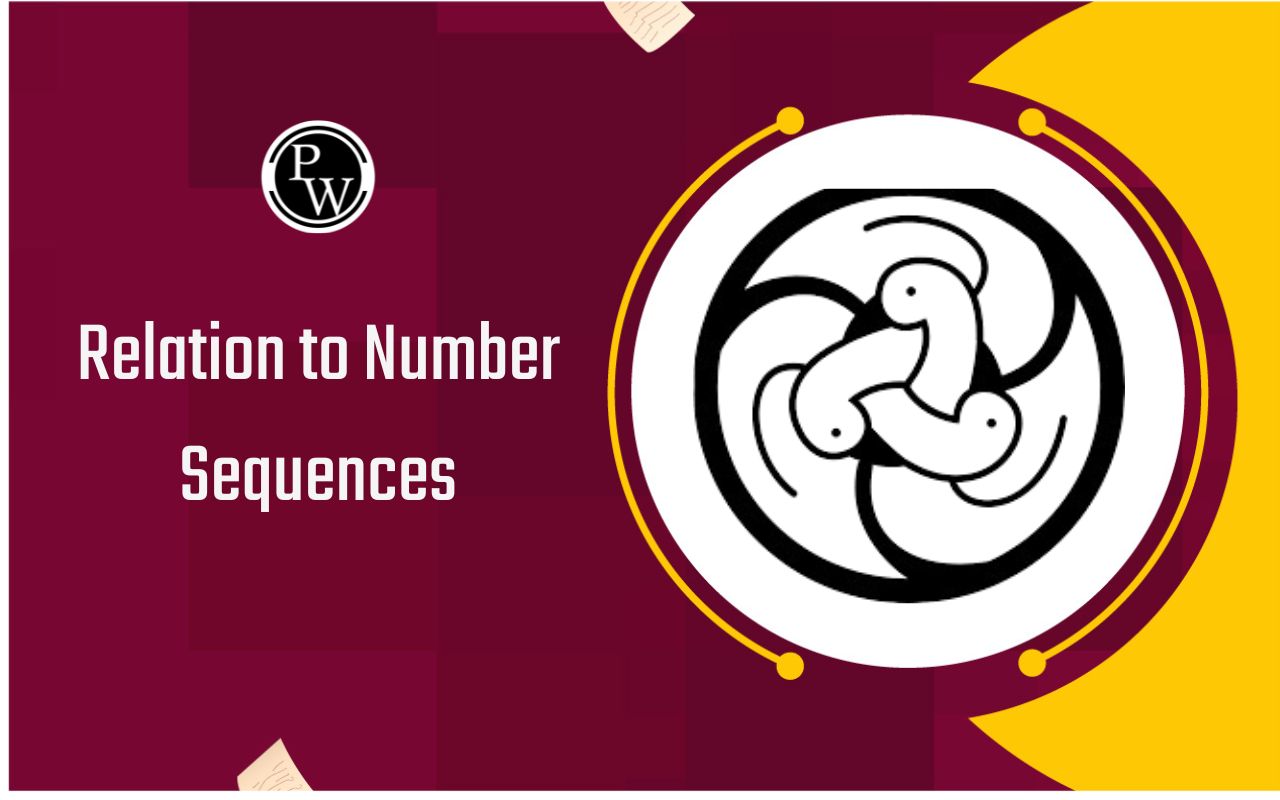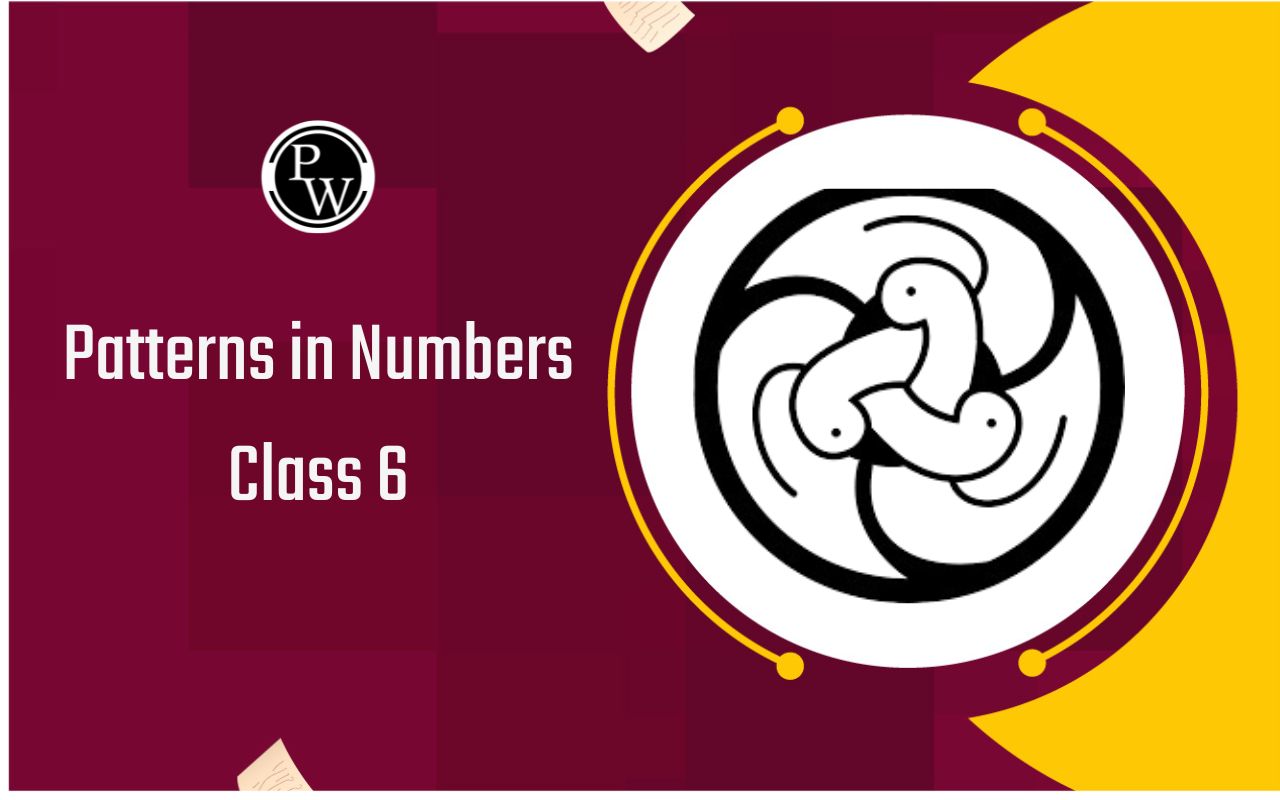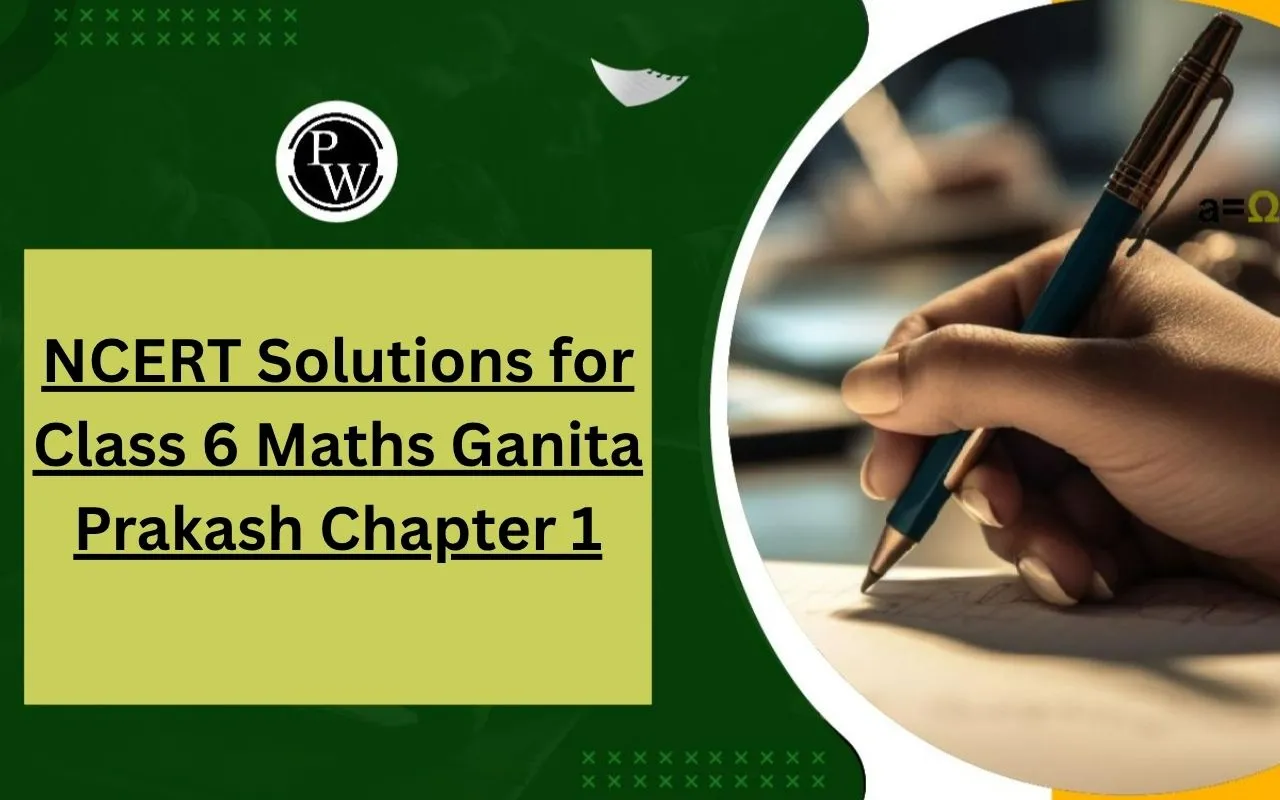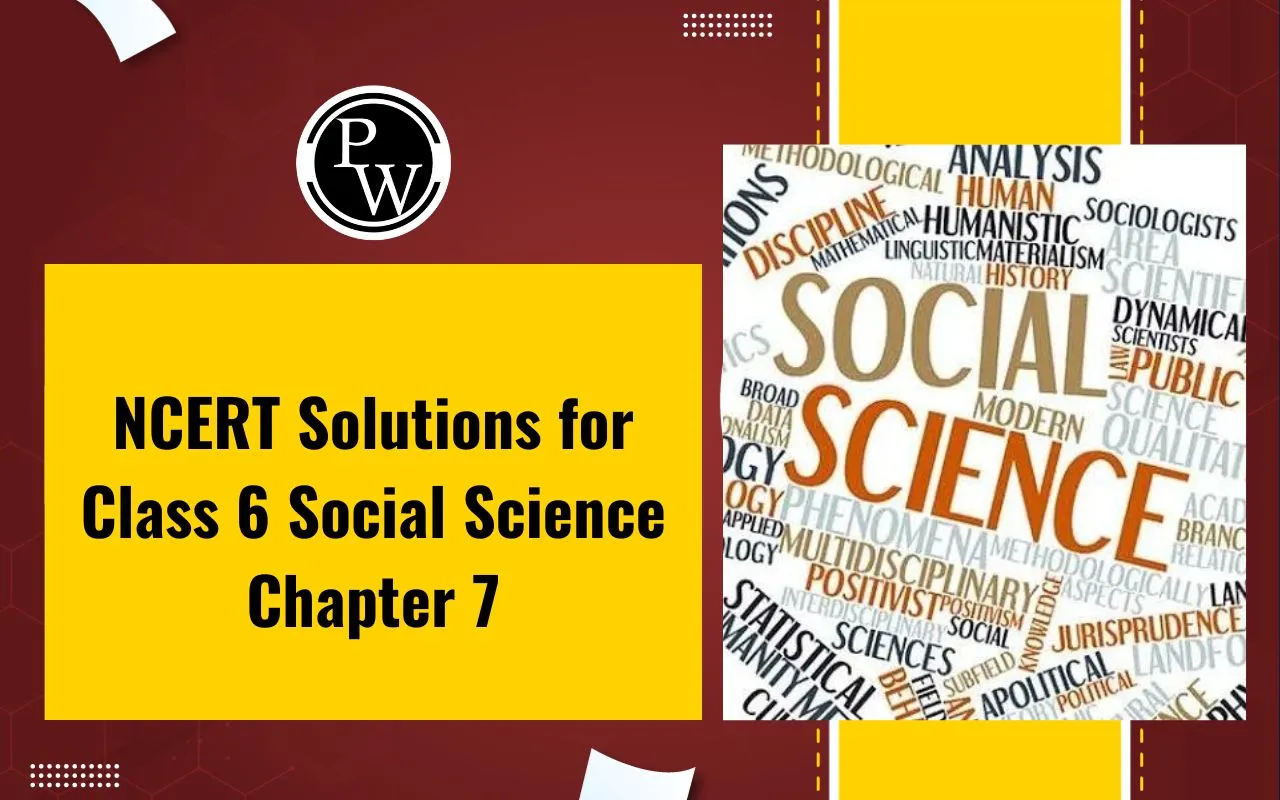
NCERT Solutions for Class 6 Social Science History : If you're opening your NCERT class 6 Social Science textbook to the history section, you may be overwhelmed trying to understand the concepts and questions at the end of each chapter.
History can be a difficult subject to grasp, especially at a young age, with so many names, dates, and events to keep track of. But fear not - these detailed NCERT Solutions for Class 6 History are here to help make it all crystal clear. With explained answers and step-by-step workings for every question at the end of each chapter, from The First Empires to Early States to New Kings and Kingdoms, you'll gain a solid understanding of India's ancient past. Our subject experts have analysed each chapter thoroughly and presented the solutions in a simple, easy-to-follow manner. So whether you're studying for your exams or just wanting to learn more about history, this is your one-stop solution to acing your Class 6 Social Science.NCERT Solutions Class 6 Social Science History Chapters Overview
Here's an overview of the NCERT Solutions for Class 6 Social Science History, covering each chapter:
NCERT Solutions Class 6 Social Science History Chapter 1: What, Where, How and When?
This chapter introduces the concept of history and its tools. Students learn about historical sources, their classification, and the importance of chronology in understanding events. The focus is on developing a foundational understanding of historical methods.NCERT Solutions for Class 6 Social Science History Chapter 1
NCERT Solutions Class 6 Social Science History Chapter 2: From Gathering to Growing Food
The transition from a nomadic lifestyle to settled agriculture is explored in this chapter. Students understand the significance of agriculture, domestication of animals, and the development of early farming communities.NCERT Solutions for Class 6 Social Science History Chapter 2
NCERT Solutions Class 6 Social Science History Chapter 3: In the Earliest Cities
This chapter explores the emergence of the earliest cities and civilizations. Students learn about cities like Harappa and Mohenjodaro, their features, and the organization of urban life in ancient times.NCERT Solutions for Class 6 Social Science History Chapter 3
NCERT Solutions Class 6 Social Science History Chapter 4: What Books and Burials Tell Us
Focusing on the significance of written records and burial sites, this chapter introduces students to the decipherment of scripts, historical inscriptions, and the insights gained from burial practices of different cultures.NCERT Solutions for Class 6 Social Science History Chapter 4
NCERT Solutions Class 6 Social Science History Chapter 5: Kingdoms, Kings and an Early Republic
Students are introduced to the political organization of early states, republics, and monarchies. The chapter explores the administration, governance, and societal structures during this period.NCERT Solutions for Class 6 Social Science History Chapter 5
NCERT Solutions Class 6 Social Science History Chapter 6: New Questions and Ideas
This chapter highlights the importance of questioning and reasoning in historical thinking. Students explore various ideas that emerged during ancient times and the role of individuals like Buddha and Mahavira in shaping new thoughts.NCERT Solutions for Class 6 Social Science History Chapter 6
NCERT Solutions Class 6 Social Science History Chapter 7: Ashoka, The Emperor Who Gave Up War
The life and policies of Emperor Ashoka are the focus of this chapter. Students learn about Ashoka's empire, his conversion to Buddhism, and his commitment to non-violence.NCERT Solutions for Class 6 Social Science History Chapter 7
NCERT Solutions Class 6 Social Science History Chapter 8: Vital Villages, Thriving Towns
Exploring the dynamics of rural and urban life, this chapter covers the characteristics of villages and towns during ancient times. Students understand the roles of different communities and the interdependence between them.NCERT Solutions for Class 6 Social Science History Chapter 8
NCERT Solutions Class 6 Social Science History Chapter 9: Traders, Kings and Pilgrims
This chapter sheds light on trade networks, the role of merchants, and the significance of pilgrimage in ancient India. Students explore the economic and cultural exchanges during this period.NCERT Solutions for Class 6 Social Science History Chapter 9
NCERT Solutions Class 6 Social Science History Chapter 10: New Empires and Kingdoms
The emergence of new empires and kingdoms is the central theme of this chapter. Students learn about the Gupta Empire and other regional powers, their achievements, and contributions to art and culture.NCERT Solutions for Class 6 Social Science History Chapter 10
NCERT Solutions Class 6 Social Science History Chapter 11: Buildings, Paintings, and Books
The concluding chapter focuses on the cultural and artistic developments during ancient times. Students explore the architecture, paintings, and literary works that flourished in different regions. The NCERT Solutions for Class 6 Social Science History provide detailed explanations, exercises, and additional insights to enhance students' understanding of these historical concepts. By studying these chapters, students gain a holistic perspective on the evolution of societies and civilizations in ancient times.NCERT Solutions for Class 6 Social Science History Chapter 11
NCERT Solutions for Class 6 Social Science History Detailed Chapters With Explanation
Below are detailed explanations for each chapter of NCERT Solutions for Class 6 Social Science History:Chapter 1: What, Where, How and When?
Explanation:- Introduction to History: This chapter introduces the concept of history, explaining what history is and why it is studied.
- Tools of History: Students learn about the tools historians use, such as artifacts, inscriptions, manuscripts, etc.
- Chronology: The importance of chronology in history is highlighted, emphasizing the sequencing of events.
Chapter 2: From Gathering to Growing Food
Explanation:- Transition to Agriculture: This chapter explores the shift from hunting-gathering to settled agriculture.
- Domestication of Animals: Students learn about the domestication of animals and its role in agriculture.
- Development of Farming Communities: The emergence of early farming communities is discussed.
Chapter 3: In the Earliest Cities
Explanation:- Indus Valley Civilization: The focus is on the Harappan civilization, including cities like Harappa and Mohenjodaro.
- Features of Cities: Students understand the layout, architecture, and features of the earliest cities.
- Urban Life: The chapter explores the organization of urban life, trade, and culture.
Chapter 4: What Books and Burials Tell Us
Explanation:- Importance of Written Records: The significance of written records, including inscriptions and manuscripts, is explained.
- Burial Practices: Students learn about burial sites and practices, exploring the insights gained from these discoveries.
Chapter 5: Kingdoms, Kings and an Early Republic
Explanation:- Political Organization: The chapter introduces the political organization of early states, republics, and monarchies.
- Governance: Students understand the administration, governance, and societal structures during this period.
Chapter 6: New Questions and Ideas
Explanation:- Introduction to New Ideas: The chapter explores new ideas that emerged during ancient times, emphasizing the importance of questioning and reasoning.
- Buddha and Mahavira: Students learn about the lives and teachings of Buddha and Mahavira.
Chapter 7: Ashoka, The Emperor Who Gave Up War
Explanation:- Ashoka's Empire: The focus is on the Mauryan Emperor Ashoka, his empire, and his conquests.
- Conversion to Buddhism: Students understand Ashoka's conversion to Buddhism and his commitment to non-violence.
Chapter 8: Vital Villages, Thriving Towns
Explanation:- Rural and Urban Life: This chapter explores the dynamics of rural and urban life, discussing the characteristics of villages and towns during ancient times.
- Interdependence: Students learn about the interdependence between different communities.
Chapter 9: Traders, Kings and Pilgrims
Explanation:- Trade Networks: The chapter sheds light on trade networks, the role of merchants, and the economic exchanges during ancient times.
- Pilgrimages: Students explore the significance of pilgrimages in ancient India.
Chapter 10: New Empires and Kingdoms
Explanation:- Gupta Empire: The focus is on the Gupta Empire and other regional powers during this period.
- Achievements: Students learn about the achievements and contributions of these empires to art and culture.
Chapter 11: Buildings, Paintings, and Books
Explanation:- Cultural and Artistic Developments: The concluding chapter explores the cultural and artistic developments during ancient times.
- Architecture and Paintings: Students understand the architectural styles, paintings, and literary works that flourished in different regions.
Benefits of Studying NCERT Solutions for Class 6 Social Science History
Studying NCERT Solutions for Class 6 Social Science History offers several benefits to students. Here are some key advantages:- NCERT Solutions are aligned with the CBSE syllabus, ensuring that students cover all the topics and concepts prescribed for Class 6 History.
- The solutions provide comprehensive coverage of each chapter, offering detailed explanations, historical context, and insights into various events and developments.
- NCERT Solutions aim to promote a clear and conceptual understanding of historical events. The step-by-step solutions help students grasp the concepts thoroughly.
- The solutions are structured in a systematic manner, allowing students to follow a logical sequence of explanations. This helps in building a strong foundation of historical knowledge.
- NCERT Solutions often provide additional insights, historical facts, and contextual information that enhance the overall understanding of the subject.
- The solutions include well-designed exercises that encourage students to apply their knowledge and analytical skills. Solving these exercises helps in reinforcing key concepts.
- The language used in NCERT Solutions is clear, concise, and student-friendly. It facilitates easy comprehension of historical events, making the learning process more accessible.
- NCERT Solutions serve as an excellent resource for exam preparation. By solving the exercises and referring to the solutions, students can gauge their understanding and prepare effectively for exams.
- The solutions promote critical thinking by encouraging students to analyze historical events, understand their significance, and develop a broader perspective on various issues.
- NCERT Solutions often include map work and visual aids, helping students enhance their geographical knowledge and visualize the locations of historical events.
- Since NCERT is the official curriculum for CBSE, studying NCERT Solutions ensures consistency in learning across the curriculum. It aligns with the broader educational objectives set by the board.
- NCERT Solutions are designed to be student-friendly, encouraging self-study. Students can use these solutions independently, facilitating self-paced learning.
- NCERT Solutions are easily accessible and often available for free. This accessibility makes quality educational resources available to a wide range of students.
- A strong foundation in Class 6 History through NCERT Solutions prepares students for more advanced historical studies in higher classes.
- By studying NCERT Solutions, students develop a heightened awareness of historical events, cultures, and civilizations, contributing to their overall historical literacy.
NCERT Solutions for Class 6 Social Science History PDF
NCERT Solutions for Class 6 Social Science History PDF is an invaluable tool for students and teachers alike. By providing comprehensive and accurate information in a concise format, they make learning history not just accessible but also enjoyable. From the rise of early civilizations to the spread of Buddhism across Asia, these solutions cover a wide array of topics that are essential for understanding the world around us. However, it's important to remember that these resources are just one piece of the puzzle when it comes to academic success. For those looking for additional support and guidance, we highly recommend checking out Physics Wallah notes and solutions. With their innovative approach to teaching and dedication to helping students reach their full potential, there's no doubt that they are among the best in the industry. Let's continue to embrace the power of education and take advantage of all the incredible resources available to us. Together, we can break down barriers and reach new heights in our academic endeavors. So why wait? Let's dive into these amazing resources today!NCERT Solutions for Class 6 Social Science History PDF Download
NCERT Solutions for Class 6 Social Science History Preparation Tips
Below are some preparation tips for studying NCERT Solutions for Class 6 Social Science (History): 1) Understand the Syllabus:- Familiarize yourself with the Class 6 Social Science syllabus, specifically the history portion.
- Identify the chapters and topics covered in the NCERT textbook.
- Create a study timetable that allocates sufficient time to each chapter.
- Prioritize topics based on importance and difficulty level.
- Start by reading the NCERT Class 6 History textbook thoroughly.
- Pay attention to key concepts, dates, and historical events.
- Take concise notes while reading each chapter.
- Highlight important dates, events, and names.
- After reading each chapter, refer to the NCERT Solutions for Class 6 Social Science (History).
- Solve the exercises and compare your answers with the solutions provided.
- Social Science often involves map work. Practice locating important places, rivers, mountains, etc., on a map of India.
- Utilize the maps provided in the NCERT textbook.
- Focus on understanding historical concepts rather than rote memorization.
- Relate historical events to their significance and impact.
- Utilize visual aids such as maps, charts, and diagrams to enhance your understanding of historical events.
- Refer to illustrations in the NCERT textbook.
- Engage in discussions with classmates, teachers, or study groups to clarify doubts and deepen your understanding.
- Share and exchange perspectives on historical events.
- While studying, take regular breaks to avoid burnout.
- Use breaks to review what you've studied and reinforce key concepts.
- Practice solving previous years' question papers to familiarize yourself with the exam pattern.
- Identify common types of questions and practice answering them.
- Schedule regular revision sessions to reinforce what you've learned.
- Summarize key points and revise before exams.
- If needed, refer to additional study materials or online resources for further clarification on certain topics.
- Use reference books to gain a deeper insight into historical events.
- Stay informed about current affairs, especially those related to history and politics.
- Relate historical events to their contemporary relevance.
- Maintain a positive attitude towards the subject.
- Believe in your ability to understand and excel in history.
NCERT Solutions for Class 6 Social Science History FAQs
What is the significance of studying Class 6 Social Science History with NCERT Solutions?
How can NCERT Solutions help in preparing for Class 6 History exams?
Are NCERT Solutions for Class 6 Social Science History sufficient for exam preparation?
How should students approach map work in Class 6 History using NCERT Solutions?
How can students use NCERT Solutions for effective revision before exams?


